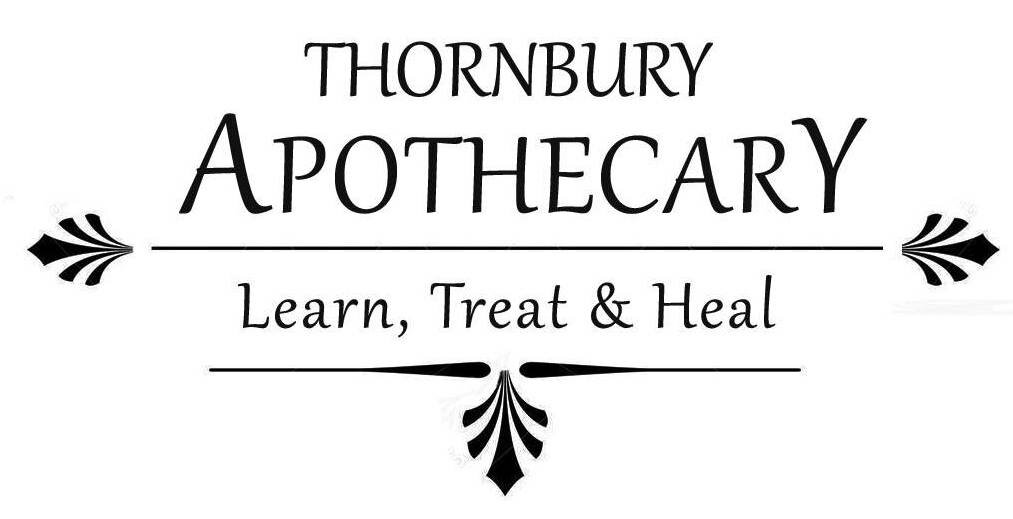Helpful Herbs and Hints for Menopause
Menopause is part of life’s journey for approximately half of the world population. It is a landmark in our life stages. For some of us it is more comfortable an experience than for others; some of us experience extreme uncomfortability and suffer more long term. There are a number of things you can do before, during and after the process of menopause to make sure you’re giving yourself as smooth-a-ride as possible.
Menopause is typically experienced between 40-55 years of age and occurs at the depletion of eggs in the ovaries and can be officially diagnosed after 12 months without bleeding.
A few risk factors of people after their periods end are chances of:
Osteoporosis due to loss of oestrogen causing declines in bone density.
Breast cancer is more likely to develop when onset of menopause is later in life.
Cardiovascular disease where menopause occurs alongside obesity or high cholesterol.
Luckily, there are plenty of ways we can decrease our risk of developing further conditions with dietary and lifestyle choices:
Antioxidants: berries and fresh vibrant fruits and vegetables are a priority for our ageing generally. Eating antioxidant rich foods means that we can decrease the damage to our tissues caused by oxidative stress.
Calcium: eating enough calcium to replace what is lost in your bones is incredibly important. The most important time to do this is before menopause hits and in your early years but continuing to top up your calcium throughout your life is imperative to reduce your risk of osteoporosis.
Fibre: Eating fibre does so much for your body, it improves our digestion, absorption of nutrients and excretion of cholesterol just to name a few things.
Phyto-oestrogen rich foods: Especially soy products! Will help your hormonal symptoms of menopause and are also a great source of protein and healthy fats.
Sunlight: Vitamin D is also essential for maintaining your bone density so get that sunshine!
Wholefoods and healthy fats: eating a generally balanced diet and looking after your heart by avoiding saturated and trans fats is going to help you in every respect as you age. Other nutrients you’ll need to make sure you’re getting include all of your B vitamins as well as essential fatty acids like Omega 3.
Try flax seeds! Studies have shown flax seeds to significantly aid hot flushes in menopause!
Also try prunes! Prunes have been shown to improve bone mineral density in postmenopausal women.
We know you have your guilty and not-so-guilty pleasures but you can choose to reduce just a couple of things in your diet to make that extra difference to your health after menopause.
Caffeine: caffeine can decrease your bone mineral density and given this is already a risk after menopause it is wise to try and reduce this if you can!
Refined sugar: Metabolising sugar depletes your body of nutrients including calcium and increases risk of diabetes and metabolic syndrome.
Spicy food: If you experience bad hot flushes try just avoiding spicy foods and other warming foods for some time until it calms down.
If you need an extra helping hand to relieve those uncomfortable symptoms there are a number of herbs you can try to help you. To get a really good idea of which herbs will help you specifically, book in with one of our Naturopaths such as Bronwyn or Jax. Some ideas of helpful herbs include:
Actaea racemosa (Black cohosh)
Aids menopausal hot flushes, reduces vaginal atrophy and may help prevent osteoporosis.Dioscorea villosa (Wild yam)
Aids menopausal hot flushes and headaches.Humulus lupulus (hops)
Helpful for menopausal hot flushes and insomnia.Leonurus cardiaca (Motherwort)
Useful in cardiovascular health, anxiety and other nervous conditions and sleep disturbances.Panax ginseng (Korean ginseng)
Useful for mental health and nervous system support during and after menopause as well as fatigue, hot flushes and insomnia.Piper methysticum (Kava kava)
Aids anxiety and insomnia.Salvia officinalis (Sage)
This herb is very helpful in cases of excessive sweating and hot flushes.Asparagus racemosus (Shatavari)
Decreases vaginal dryness and increases libido.Trifolium pratense (Red clover)
Reduces vaginal atrophy, hot flushes, pain with sex and increases libido.
A few last helpful hints…
Exercise! Exercise is good for all aspects of menopause including:
• Bone density
• Cardiovascular health
• Lipid status
• Improve circulation and oxygen transport around the body.
• Improve nervous system function
• Decrease fatigue
• Improve mood
• Reduce blood pressure
• Improve hot flushes
Try acupuncture!
Acupuncture has been found to relieve symptoms of menopause. We have a wonderful acupuncturist here at Thornbury Apothecary! Check out Julie here.


